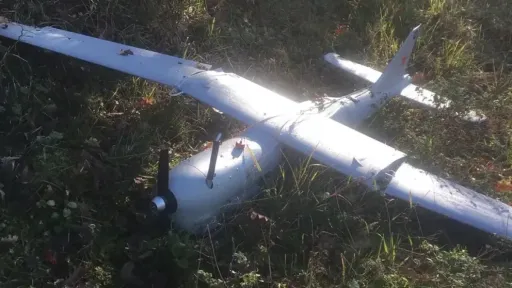French President Emmanuel Macron stood firm in the face of growing nationalist demands in Corsica on Wednesday, rejecting calls for increasing autonomy in the restive Mediterranean island.
Wrapping up his first visit there since Corsican nationalists swept elections in December, Macron attempted to project the image of a strong unified France and said "non" to demands to recognise Corsican as a second official language. He also ruled out the creation of the status of "Corsican resident."
"There is one official language — it's French," he thundered imperiously in a speech in Corsica's second town of Bastia. His address received scant applause.
The language recognition was one of the key wishes of nationalist leaders such as Gilles Simeoni and Jean-Guy Talamoni who reportedly boycotted a Wednesday lunch with Macron.
Demands for political autonomy
In the wake of Catalonia's latest independence referendum, Corsican nationalists have downplayed any ambitions for secession, saying the island lacked the demographic and economic clout of the Spanish region.
On Tuesday, Macron also refused to release Corsican prisoners held in mainland prisons, two days after thousands of nationalists demonstrated on Sunday ahead of the president's visit.
But Macron did give the nationalist leaders an olive-branch on Wednesday by saying he was open to adding a specific mention of Corsica in the French Constitution.
Some moves have already been taken to increase independence, including the creation in January of a new regional assembly that Macron called "the most decentralized in mainland France."
"I'm for that everyone in the republic can express their identity," he said.
Simeoni to Macron : "Talk or risk violence"
Regional council chief Simeoni warned Macron on Friday, saying France is playing with fire by rejecting Corsican demands for autonomy.
Before laying down arms in 2014, groups backing Corsican independence had carried out more than 10,000 attacks over four decades, blowing up police stations and holiday homes.
These clandestine groups were linked to at least 40 deaths, either in attacks on government officials or as a result of infighting among rival factions.
“In the 1980s and 1990s, when the nationalist movement only represented a minority and was violent, governments of the left and right held talks with men in balaclavas ... but today, when we represent a majority and say there is no other path than democracy, the government does not want to budge on anything,” said Simeoni.
“It’s unacceptable,” he said in an interview in Ajaccio, with the Corsican and European Union flags behind his desk, but not the French tricolour.
Peace on the island and disillusion with mainstream parties tarnished by corruption helped nationalists led by Simeoni win power in elections last December on the back of demands for more autonomy, but not independence.
Simeoni and Corsica’s assembly chief, Talamoni, want official status for the Corsican language and the right to block property purchases by non-residents.
That has infuriated nationalist leaders, who have urged Corsicans to join a protest march on Saturday, ahead of Macron’s visit on Tuesday, to complain that the government is ignoring their election victory.
“Some people now tell me: if winning elections does not even get us to hold talks on what we gave you a mandate for, it means democracy is a dead end,” Simeoni said.
“To get from there to saying ‘bombs are more efficient than votes’ is something I don’t agree with, but which at some point could be validated by a number of people.”
Simeoni, a moderate who rejects violence, said this was not blackmail but a call to open up political and economic options for Corsicans in order to avoid not just the risk of political violence but also other types of violence, such as youth crime.
























